‘Clean Up on Aisle Six’: Karl Rove Predicts Trump Will Pay Heavy Price for ‘Muddled Mess’ Tariff Policy
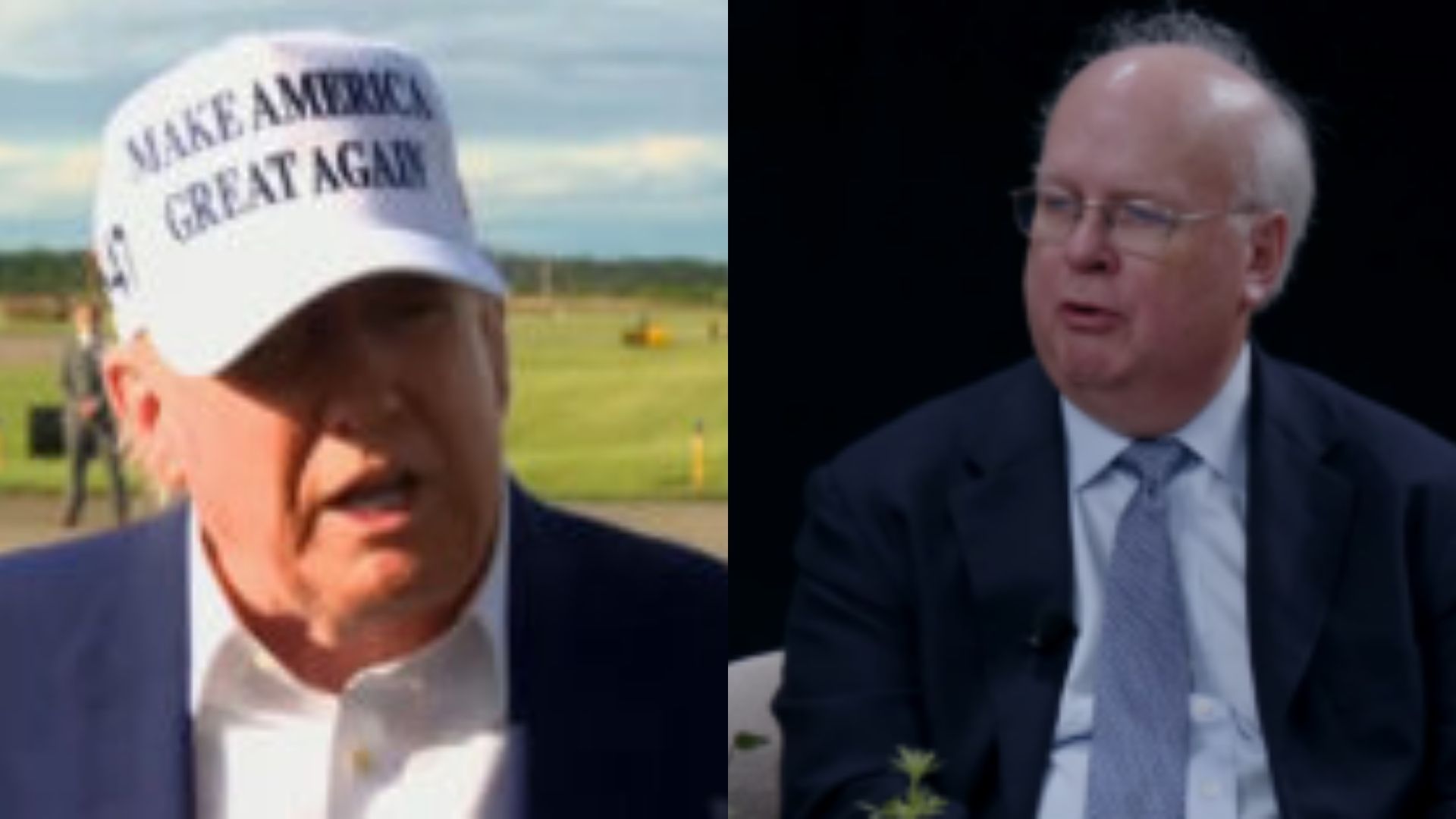
LEFT: Donald Trump RIGHT: Karl Rove
Legendary GOP operative and political commentator Karl Rove predicted that President Donald Trump will pay a heavy price for his “muddled mess” of a trade policy in a new column for The Wall Street Journal.
Under the headline “Tariffs May Cost the GOP in 2026,” Rove warned that “the story isn’t good for the GOP, pointing out that the president’s approval rating is underwater and economic approval rating is much lower.
“His tariff demands are weighing him down. Only 37% of Americans told a May 15 Marquette Law School poll that they approve of tariffs, while 63% disapproved,” wrote the architect of former President George W. Bush’s presidential campaigns. “That starts to explain why stock markets drop when Mr. Trump rattles his trade saber and rebound when he walks back his tariff threats. The president’s frenetic back-and-forth on the subject, declaring a trade war one day then postponing new tariffs the next, leaves voters confused.”
“Maybe these apparent flip-flops were all planned by the master of the Art of the Deal. But to many, it looks like cleanup on aisle six,” continued Rove after running through a couple of examples.
“The administration’s messaging is a muddled mess. Republicans should hope the president really believes in reciprocity—the policy that if countries lower their tariffs, we’ll lower ours. He should have confidence that America can compete if the playing field is level,” he concluded. “Unless reciprocity prevails, the president’s chaotic trade talk will badly damage Republicans in the midterms. And if the House or Senate flips, the president will find it much harder to advance his priorities in his final two years. Voters won’t blame foreign countries for higher prices or fewer goods. They’ll blame Donald Trump and his Republican Party.”
Last month, Rove opined on Fox News that Trump was “in very bad shape,” arguing that he was “off to a good start only on one issue, border security,” and observing that Americans had a “deep seated skepticism” about his economic policies.
New: The Mediaite One-Sheet "Newsletter of Newsletters"
Your daily summary and analysis of what the many, many media newsletters are saying and reporting. Subscribe now!
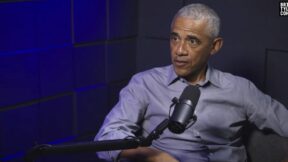
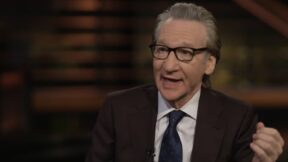
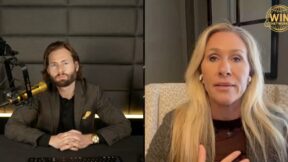
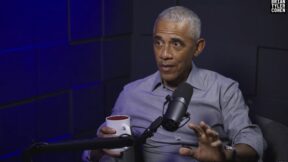
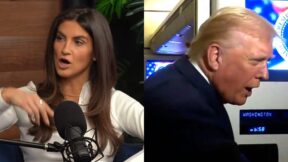

Comments
↓ Scroll down for comments ↓